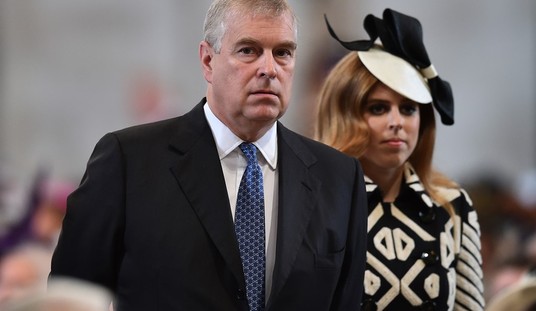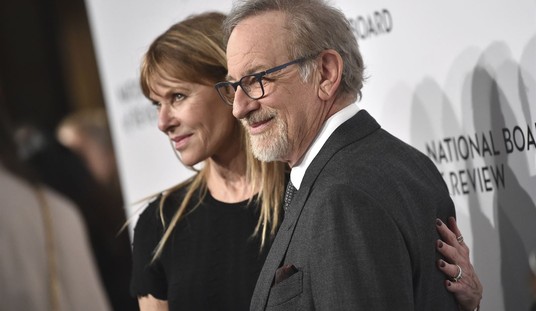Clever. Not entirely bulletproof legally, but politically this argument from Andrew McCabe’s legal team is brilliant. If Donald Trump didn’t get prosecuted over obstruction detailed in the Mueller report because there was no underlying crime, as Josh Gerstein reports on their coming argument, how can William Barr’s Department of Justice go after him?
Barr and other Trump allies repeatedly suggested that the president couldn’t be guilty of obstruction or that such a case would be exceedingly difficult to prove unless there was some underlying crime — like accepting illegal help from the Russians.
Yet federal prosecutors have been pressing forward with a false-statement case against McCabe even without any indication that the matters he is accused of lying about — whether he’d authorized FBI personnel to talk to a Wall Street Journal reporter about an investigation into the Clinton Foundation — involved some illegality.
“DOJ simply does not bring criminal cases in these or similar circumstances,” McCabe’s legal team wrote in a recent memo arguing against his prosecution. “As Attorney General Barr noted in his March 24, 2019 letter analyzing whether the President had obstructed justice, the absence of evidence of an underlying crime is centrally relevant to whether a person had criminal intent.”
“While some of the essential elements of obstruction of justice differ from the essential elements of false statements, the Attorney General’s analysis is equally applicable here: the absence of an underlying crime, or even underlying misconduct, bears directly on whether an individual had the requisite criminal intent to make a false statement, and whether the government will be able to prove that a defendant had such criminal intent,” the memo says.
But wait, you might say, leaking itself is an illegal act, not just the lying about it. That would create the necessary illegality to press charges, if true. However, McCabe’s position as deputy director of the FBI allowed him to brief the media on the record or on background, a point McCabe has repeatedly raised to defend himself in public debate. That authority can certainly be abused, but that would be a disciplinary matter rather than a prosecutable crime.
However, to press charges on McCabe, Barr will have to justify trying McCabe for just the lying alone. In doing so, Barr will either have to tacitly acknowledge that his reasoning for passing on obstruction charges for Trump involved more than just a lack of an underlying crime. It would at least appear that the longstanding DoJ policy ruling out an indictment against a sitting president was the main reason Barr put an end to the obstruction charges, and not just the fact that the several episodes of arguable attempts at obstruction didn’t rise to prosecution level because Russiagate turned out to be an absolute bust.
This argument wouldn’t get the charges dismissed in court, where prosecutorial discretion is generally given significant leeway. This is intended for the court of public opinion. Charge me and lose your fig leaf on Trump, McCabe is saying to Barr. It’s a smart play and a warning that McCabe’s prosecution may become a bigger political headache than it’s worth, even for the small amount of personal satisfaction Trump might get for seeing McCabe in the dock.
All of this effort could still be mooted, however, if Michael Horowitz’ report on the FBI’s tactics in Operation Crossfire Hurricane turns up actionable issues for prosecutors. For now, though, McCabe might be able to hold the DoJ in check.








Join the conversation as a VIP Member